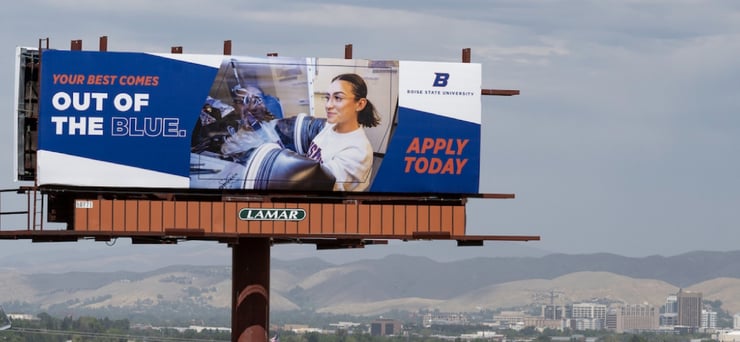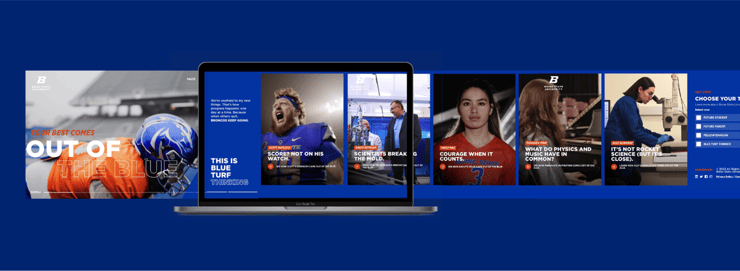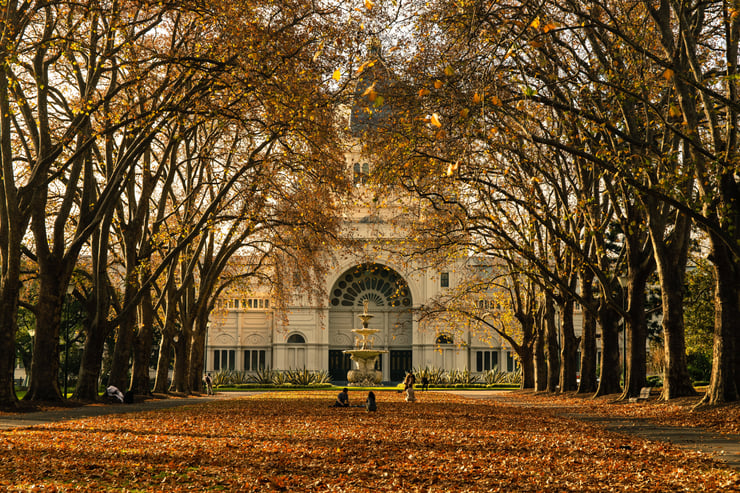A friend from college sent me a direct message on Twitter with a thought about this article on the coming disruption of college from New York magazine.
"What if you went to Auburn online (or wherever) and lived in a different city somewhere in the country/world each year? Anywhere. Even better if you could find a small group to live with and do it with you. And spend less money."
Over the last two weeks, we've had conversations with clients and friends about scenario planning. The common thread coming from university leadership is "we have to get back to the residential experience." This is not surprising given it's the biggest differentiator between a traditional college education and an online one, and that universities have spent billions in the last decade in a race to reinvent dorm life.
But what if you don't need to get back to the residential experience? Or if you could redefine it? The last half of my friend's message sent me into a daydreaming sequence akin to the end of Raising Arizona.
"Even better if you could find a small group to live with and do it with you. And spend less money."
What if schools established cohorts in multiple cities? What if the hybrid model didn't make students come to campus twice a semester, but instead, they met with their cohort and professor in-person twice a week? What if, instead of investing in capital projects on campus, institutions invested in real estate across the country? What if tenure wasn't the goal of faculty, but working remotely for multiple universities was?
We can punch holes in all of these questions. But they aren't really that far-fetched. Business schools and other graduate programs already work on a similar model with physical locations and faculty in select cities. Students could attend their dream school in their own hometown or a town much closer to home, putting parents' minds and wallets at ease. Universities could share the cost of great faculty, or partner with other institutions to offer less popular programs (this too already happens). Partnerships with corporations become more readily available and valuable, with schools not locked into a singular geographic location and now able to offer a new form of experiential learning. Remote higher ed jobs are already available, but the listings are dominated by exactly who you expect them to be dominate by (SNHU, Purdue Global, WGU, et al).
Maybe this is all just a dream I want to believe will come true. That colleges and universities will evolve and higher education will become better, more accessible, and — once again — a societal necessity. Or, maybe this is a land not too far away where all the students just join Nathan Arizona, Jr. at Arizona State. I prefer to believe the former and think now is the perfect time for us all to daydream a little more.
What are your college daydreams? Tell us on Twitter @SimpScar











